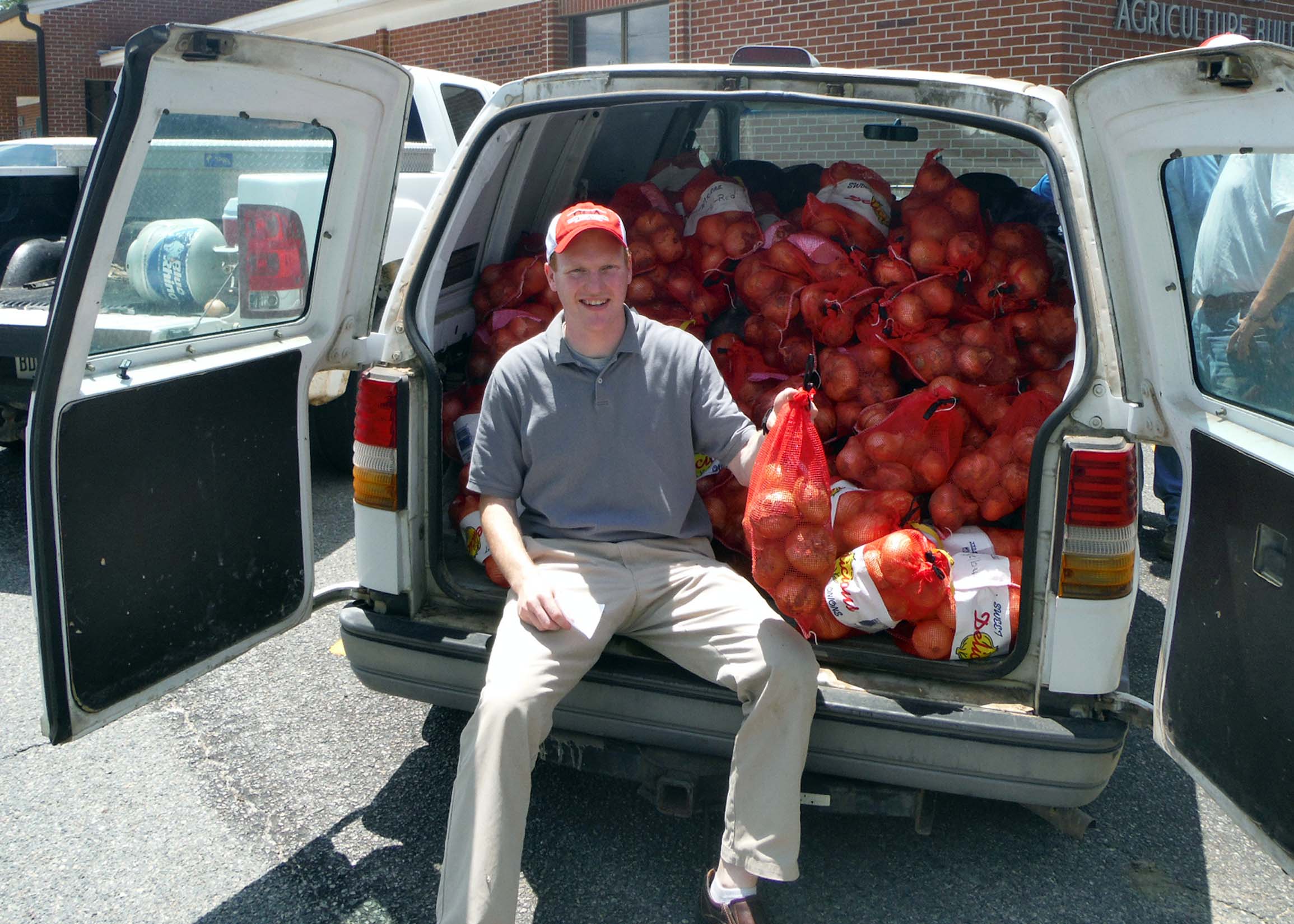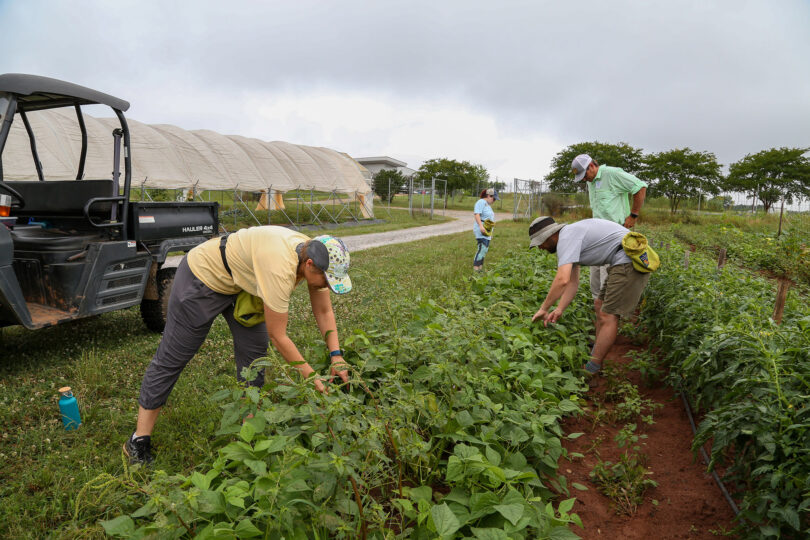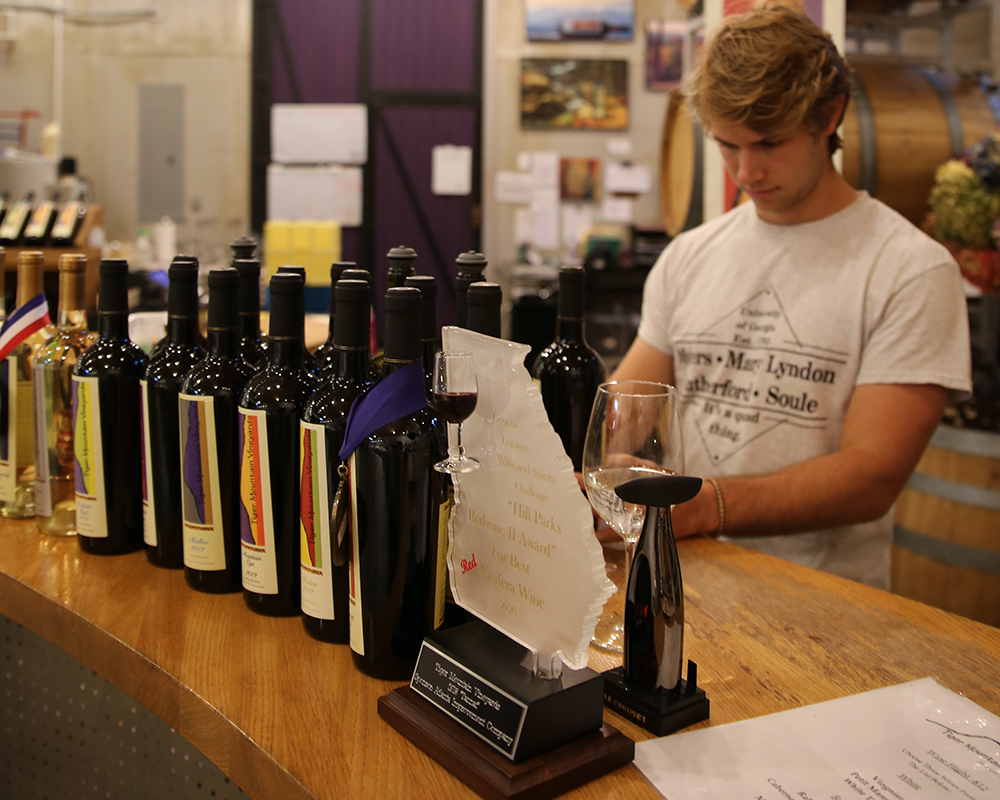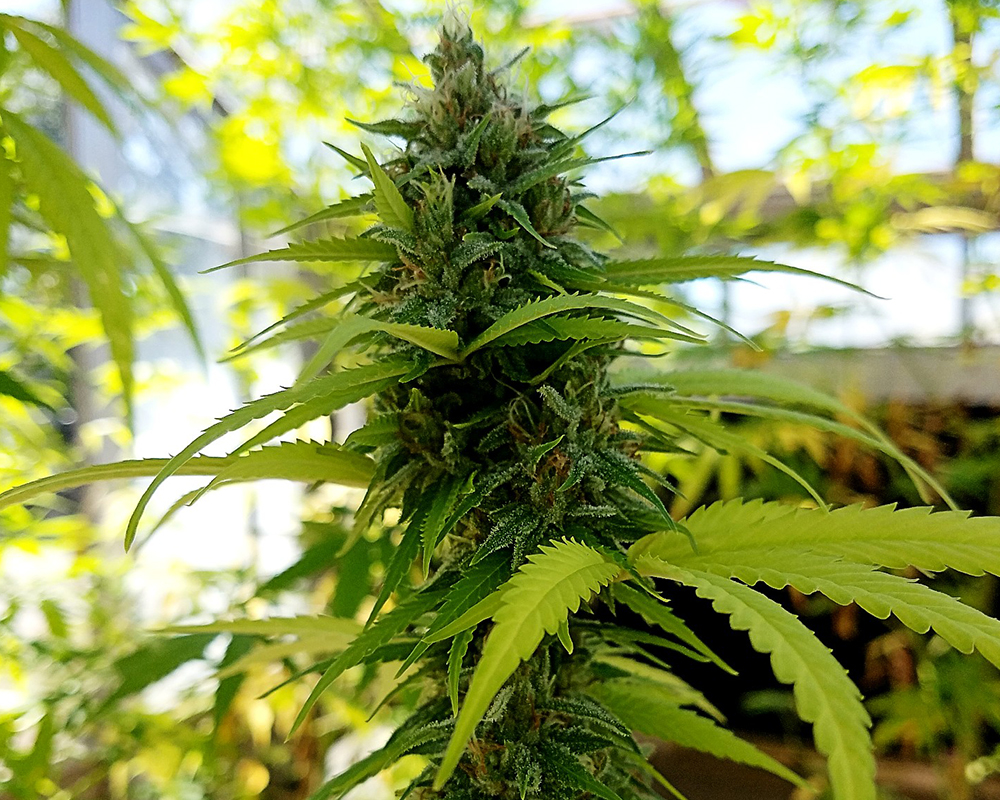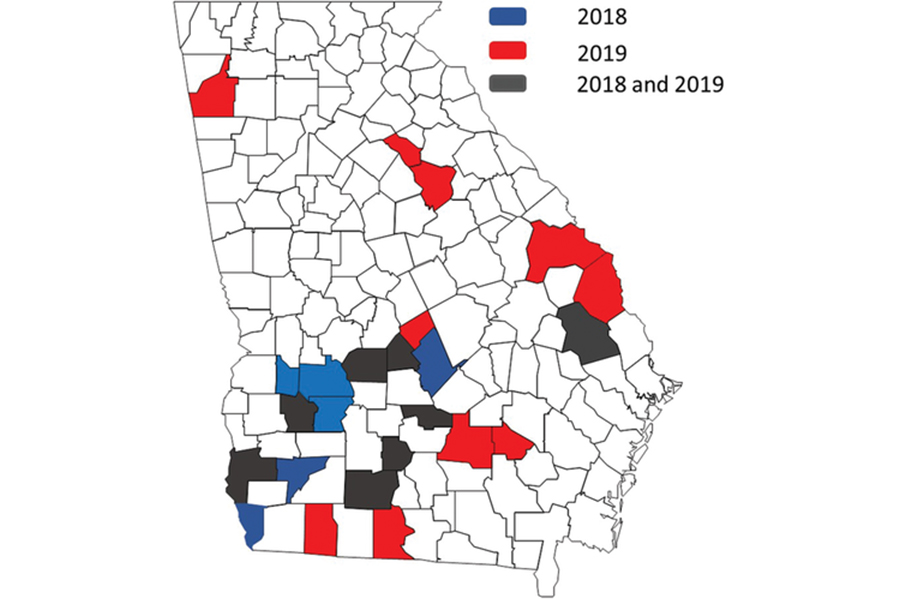 CAES News
CAES News
UGA researchers target new virus threatening cotton crops
While aphids aren’t a direct threat to cotton plants, they can carry a persistent virus that is difficult to control and can cause significant losses in one of Georgia’s most important crops.

